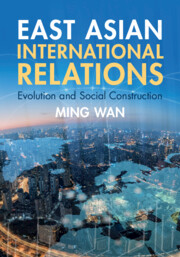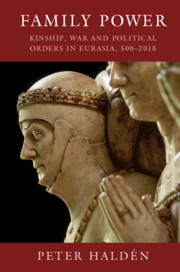In this paper, I demonstrate that neo-republicanism, as found in the works of Philip Pettit, Quentin Skinner, Maurizio Viroli, Iseult Honohan, and John Maynor, is underpinned by a conception of the well-ordered republic derived from the classical republican tradition. I also argue that an alternative, modern framework of the republic and its political stability emerged in the late eighteenth and early nineteenth centuries and is captured in the work of thinkers like Benjamin Constant and Alexis de Tocqueville. Neo-republicanism, however, collapses these distinct conceptions of political order. It does so in some cases by misinterpreting these nineteenth-century figures as representing the continuation of the classical perspective that calls for virtuous political participation to secure freedom. It does so in others by aligning with a classical framework of political order and yet not seeing its core conundrum as problematic, perhaps because of adopting assumptions associated with an optimistic perspective on social and political change. What is more, even if neither were a problem, neo-republicanism, in its appeal to a classical tradition, overlooks a relevant body of work which dealt with key republican concerns from within the context of increasingly commercial and heterogeneous societies.

